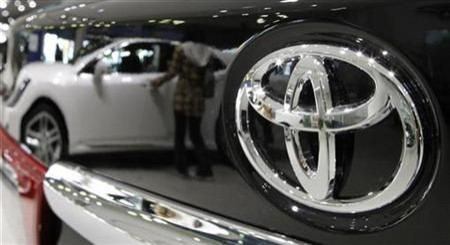Toyota Motors to develop electric motor sans rare earth

Toyota Motors Corp is developing new type of electric motor which does not require rare earth metals, with an intention to cut its dependence on rare earth metals and China, as well as to lower costs.
The car maker's effort would allow the company to become less dependent on China, the main supplier of these metals, and might also defeat the 2010 price rise of these metals due China's restricted supply.
The new technology will help free the world's leading carmaker from relying on China, which produces 97 percent of the global output of rare earth metals needed for many high-tech products, including the current generation of hybrid gasoline-electric motors.
This strategy comes in backdrop of reports of China's likely moves to slash export quotas of rare earth mineral by half in 2011. China, which mines more than 90 percent of the world's rare earth, has exported 6,000 tons, or 49.8 percent, of its total rare earth to Japan, representing 167 percent rise year on year, according to China's Ministry of Commerce.
The car industry uses about 40 percent of all rare earth metals, which are found in magnets in electric motors. The Japanese car giant reckons it is close to a breakthrough that will eliminate the need for rare earth minerals.
Earlier, Toyota announced the building of a rare earth processing plant in India to secure supply sources outside China. This plant will help secure approximately 3,000 to 4,000 tons of rare earth annually.
© Copyright IBTimes 2024. All rights reserved.





















